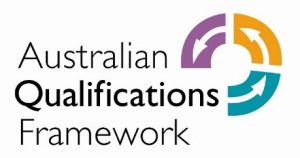Applicants who are 21 years of age or over who have not completed Year 12, or its equivalent may gain entry to a course by addressing one of the following entry requirements:
- Successful completion of a Special Tertiary Admissions Test administered by a tertiary admissions centre; or
- Submission of a portfolio of prior and current academic and professional work; or
Applicants applying under special admission categories will be required to attend an interview with the Dean to assess the applicant’s capacity for higher education studies. The applicant should submit a portfolio of prior and current academic and professional work prior to the interview to assist in the assessment process.
The criteria used by the Dean when approving applicants for admission into a course under special or alternative admission arrangements include:
- capacity to pursue tertiary studies;
- motivation to pursue tertiary studies in the discipline of the chosen course;
- demonstrated potential for academic studies based on the applicant’s portfolio;
- relevant professional and industry experience; and
- specific consideration of access issues for ATSI’s.

